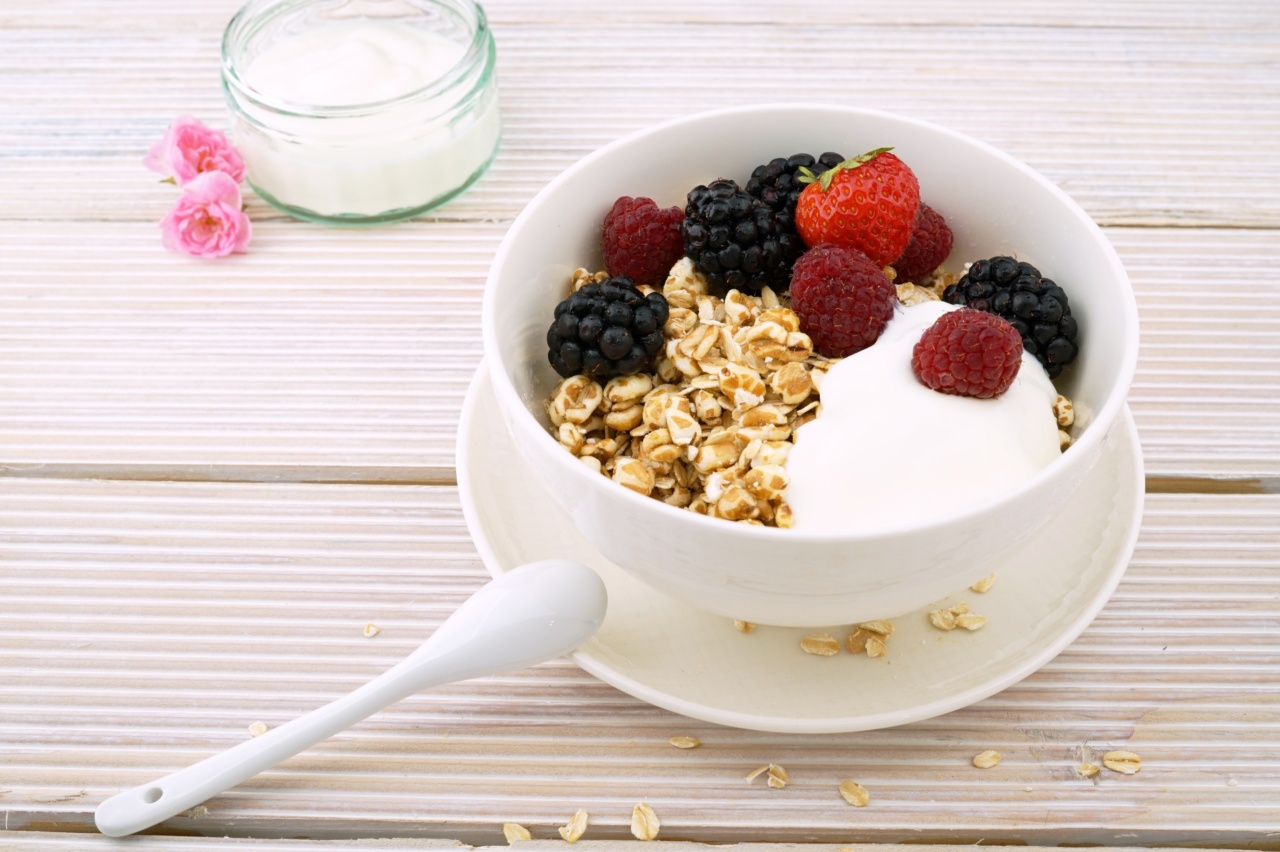The ketogenic or keto diet is a high-fat, low-carb diet that is popular for weight loss and other health benefits.
It involves reducing your carb intake and increasing fat to put your body in a state of ketosis, where it burns stored fat instead of glucose for energy.
Although dairy is a significant source of protein and healthy fats, it’s not ideal for people on the keto diet. Here are some reasons why dairy can ruin your ketogenic diet success.
1. Dairy contains lactose
Dairy products contain lactose, a type of sugar that can affect ketosis. Although lactose is a simple sugar, it can still increase your insulin levels, which can negatively affect your ketone levels and make it more challenging to stay in ketosis.
Some dairy products, like milk and yogurt, contain more lactose than others, so it’s important to choose dairy products with lower lactose content when on a keto diet.
Read nutrition labels carefully and opt for dairy products that are lower in carbs and sugars.
2. Dairy can trigger inflammation
Dairy products can trigger inflammation in some people, especially those who are lactose intolerant or have a dairy allergy.
Inflammation can lead to weight gain, insulin resistance, and other health problems that can interfere with your ketogenic diet success.
If you notice stomach pain, bloating, or other symptoms after consuming dairy, it’s best to avoid it altogether or limit your intake.
3. Dairy can be high in carbs
Some dairy products, like cheese and cream, are higher in fat and lower in carbs, making them a good choice for those following a keto diet.
However, other dairy products, like milk and ice cream, can be high in carbs and sugar, making them less desirable for keto followers.
If you’re going to consume dairy on a keto diet, it’s important to choose carefully and stick to low-carb options.
4. Dairy can be overconsumed
While dairy is a good source of protein and fat, it’s easy to overconsume on a keto diet, which can negatively affect your weight loss goals.
Many people tend to rely on cheese or heavy cream as a primary source of fat, which can lead to overconsumption and a calorie surplus.
The key to success on a keto diet is to balance your macronutrient intake and to get fat from a variety of sources, not just dairy.
Choose lean proteins, healthy fats, and low-carb vegetables to achieve a balanced diet and maximize your weight loss efforts.
5. Dairy can cause plateaus
If you’ve hit a plateau in your ketogenic diet, dairy may be to blame. Dairy products can cause an insulin response in some people, which can interfere with ketosis and stall weight loss progress.
If you’ve been consuming dairy regularly on your keto diet and have hit a plateau, try cutting back or eliminating it altogether. You may see a significant improvement in your weight loss efforts.
Conclusion
Dairy isn’t inherently bad on a keto diet, but it can negatively affect your weight loss progress if consumed in excess or in high-carb forms.
If you’re going to consume dairy, be sure to choose low-lactose, low-carb options and balance your macronutrient intake to avoid overconsumption.
Find out more about the ketogenic diet and how to achieve your weight loss goals by consulting with a professional nutritionist or dietitian.



























